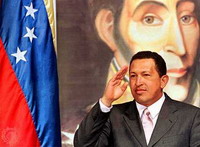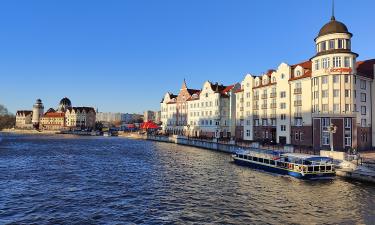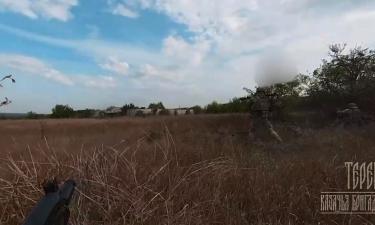Chavez's constitutional reforms approved
Venezuela's National Assembly stand for constitutional reforms that would greatly expand the power of President Hugo Chavez and permit him to run for re-election indefinitely.

The 69 changes to Venezuela's Constitution now go to Venezuelan citizens for a single yes-no vote on Dec. 2.
The proposed changes, Chavez's most radical move yet in his push to transform Venezuela into a socialist state, threaten to spur a new wave of political upheaval in this oil-rich South American country already deeply divided over Chavez's rule.
The amendments would allow the government to expropriate private property without a court ruling and take total control over the Central Bank, create new types of property managed by cooperatives, and extend presidential terms from six to seven years while allowing Chavez to run again in 2012.
All but seven of the assembly's 167 lawmakers voted for the changes by a show of hands.
"Today the Venezuelan people have a pencil in their hands to write their own history, and it's not going to be the history of the elite," said pro-Chavez lawmaker Earle Herrera.
Concerns that the measures will weaken civil liberties have been raised by university students, opposition parties, human rights groups and representatives of Venezuela's Roman Catholic Church.
Critics also worry the reforms would allow Chavez to remain in power for decades like his close friend Fidel Castro of Cuba.
Calling the reforms "unconstitutional," dissident lawmaker Ricardo Gutierrez railed against pro-Chavez congressmen for approving amendments "that don't have anything to do with giving more power to the people."
Chavez, a retired army lieutenant colonel who was first elected in 1998 on a populist platform and has repeatedly defeated his political adversaries at the polls, denies the reforms are antidemocratic.
Most "Chavistas," as the president's supporters call themselves, back the reforms as a novel means of giving neighborhood-based assemblies called "communal councils" greater decision-making power as Chavez steers Venezuela toward what he calls "21st-century Socialism."
Among other changes, the reforms would enshrine socialist concepts in the constitution, reduce from 18 to 16 the minimum voting age and increase the number of signatures required to trigger a presidential recall vote.
Government supporters wearing red - the color of Chavez's ruling party - cheered outside the assembly in downtown Caracas as lawmakers left the building and walked to the nearby National Elections Council, where they asked officials to schedule a Dec. 2 referendum on the reforms.
Jose Manuel Gonzalez, president of the Fedecamaras business chamber, warned of grave consequences if voters agree to the amendments.
"If this reform is approved, it destroys the future of our institutions, isolates us as a nation, brings us back to the past and distances us from modernity and progress," he told Union Radio.
On Thursday, protesters staged the biggest demonstration against Chavez in months, and appeared to revive Venezuela's languid opposition. Soldiers responded with tear gas canisters, plastic bullets and water cannons to scatter tens of thousands who said the amendments would violate civil liberties and derail democracy.
The pro-government VEA newspaper on Friday predicted an overwhelming victory in an editorial and urged government supporters to join "a life or death battle in which the present and future of the Venezuelan nation is in play."
Subscribe to Pravda.Ru Telegram channel, Facebook, RSS!




